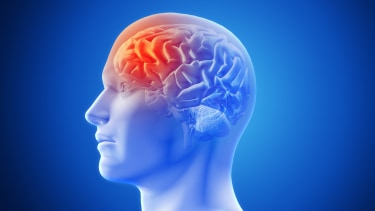
TMS Conditions
Shore Clinical TMS & Wellness Center - TMS Conditions

TMS Therapy for Teens With Treatment-Resistant Depression
Our TMS therapy offers hope to adolescents with treatment-resistant depression. It provides a safe and effective alternative to traditional treatments.

TMS for Cognition / Attention / Memory Improvement
Enhance your attention, memory, and overall cognitive function with our specialized TMS therapy.

TMS for Neurodegenerative Disorders
Get help in managing neurodegenerative disorders through our innovative TMS therapy, tailored to your needs.

TMS for Autism Spectrum Disorder
With targeted stimulation, our TMS therapy for autism improves neural connectivity for better social interaction and communication skills.













